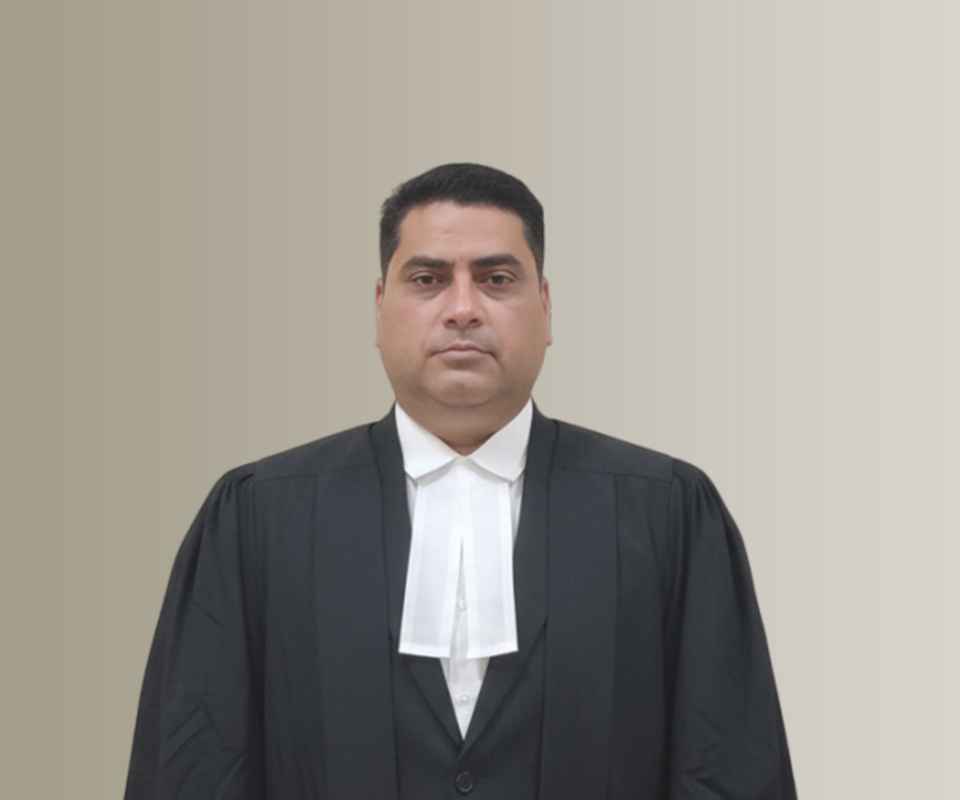Answer By law4u team
While military service is governed by military law and regulations, there are situations where military personnel may seek civil court remedies in disputes related to their discharge. Civil courts primarily handle cases where there may be violations of constitutional rights, breaches of contract, or unlawful actions that cannot be fully addressed by military tribunals or internal procedures.
Civil Court Remedies in Discharge Disputes
Judicial Review of Military Decisions:
In some cases, individuals may seek judicial review of a military discharge decision in a civilian court. Judicial review allows the court to assess whether the military's decision to discharge a personnel was made in compliance with applicable laws, regulations, and procedures. It is typically pursued when there is an allegation of abuse of discretion, unlawful action, or a violation of constitutional rights. However, courts generally avoid interfering with military matters unless there is a clear legal violation.
Breach of Contract:
If a service member's discharge is considered a breach of the terms of their service contract (for example, if the individual is discharged before completing the agreed-upon service period without lawful justification), they may seek a remedy for breach of contract in a civil court. The remedy could include compensation for any financial loss caused by the premature termination of their service, such as lost wages or benefits.
Wrongful Discharge Claims:
Civil courts may hear claims of wrongful discharge if a service member believes that their discharge was unjust or violated their rights. This may apply in cases where the discharge was based on discriminatory reasons (e.g., race, gender, religion) or retaliatory actions (e.g., for whistleblowing). In such cases, the service member may seek damages or reinstatement to service.
Violation of Constitutional Rights:
If a discharge decision violates a service member's constitutional rights, such as freedom of speech, due process, or equal protection, the individual may bring a civil suit against the government or military. For example, if a service member's discharge was based on improper procedures or denial of a fair hearing, a civil court could hear the case and offer remedies, including compensation or the reversal of the discharge.
Employment Law Claims:
In certain circumstances, a discharged service member may be able to pursue claims under employment law in a civilian court, particularly if the military service has elements of a civilian employer-employee relationship. For example, if the discharge is related to an issue that falls under labor laws (e.g., discrimination or unlawful termination), the individual may have the option to pursue a case in a civil employment court.
Personal Injury Claims:
If the discharge was related to an injury that occurred during military service (e.g., a medical discharge for a service-related injury), the service member may file a personal injury claim in civil court. This remedy is typically sought to claim compensation for injuries sustained during service, particularly if the discharge is seen as a result of negligence or improper treatment by the military.
Judicial Review and Limitations
Scope of Civil Court Involvement:
While civil courts do have jurisdiction in certain discharge disputes, their role is generally limited. Courts will often defer to military decisions unless there is a clear violation of law or constitutional rights. In the United States, the Feres Doctrine (for example) limits the ability of active-duty military personnel to sue the government for injuries related to service, including discharge-related issues.
Exhaustion of Military Remedies:
Before pursuing civil court action, military personnel are typically required to exhaust all internal military remedies, such as appealing the discharge within the military's review process. Civil court action is generally seen as a last resort when military avenues have been exhausted.
Example
Consider a military service member who was dishonorably discharged for an alleged infraction, but they believe the discharge was based on racial discrimination. The individual may:
First, appeal the discharge through the military's internal review process.
If the appeal is denied and they believe their constitutional rights were violated (e.g., equal protection under the law), they may file a civil lawsuit in a civilian court, challenging the discharge on the grounds of discrimination.
The court would then assess whether there was evidence of discrimination and decide if the discharge was wrongful and if remedies such as reinstatement or compensation are warranted.






